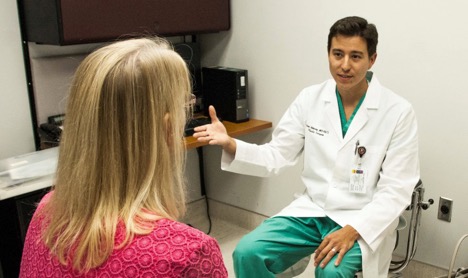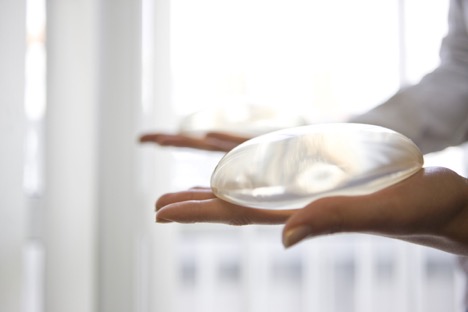Breast augmentation is one of the most common forms of plastic surgery. According to the American Society of Plastic Surgeons, there were over 290,000 breast augmentation procedures performed in the U.S. in 2016. That number marks a four percent increase from 2015. Women decide to get breast implants if they are dissatisfied with the size of their breasts or if they are looking to reconstruct their breast tissue after surgery or childbirth. Before a patient decides to have the procedure, they will need to choose between the different types of breast implants, including those made with saline or a silicone gel.
Why Some Women Decide to Get Breast Implants
Some women decide to get breast implants because they feel that their breasts are too small compared to other women. Other women may opt in for the procedure because the size of their breasts diminished after giving birth, losing weight, or breastfeeding. Other women decide to have the procedure if they’ve lost some of their breast tissue due to surgery or illness, such as breast cancer.
Related: What women need to know about breast implant removal (explant surgery)
Choosing Between Different Types of Breast Implants
There are several different options when it comes to the materials used to make breast implants. Saline breast implants are among the most common. The implants are filled with saline salt water. Saline breast implants come with a preformed structure, while structured saline implants feature a more natural composition. If the lining that keeps the saline salt water intact leaks, the body will absorb the saline salt water and expel it naturally within a few days.
Silicone breast implants are filled with a silicone gel, which tends to feel more natural. However, silicone implants require more upkeep. The patient will have to see her doctor regularly to make sure that the implants are intact. If they begin to leak, some of the gel may escape, but the overall implant will not collapse.
You may also want to consider what are known as gummy bear breast implants. This type of implant contains a thicker silicone gel, so the implants will retain their shape even if the outer layer leaks. They also require a longer incision along the patient’s body, and tend to feature a more pronounced bottom with a tapered shape at the top. The implants could also turn over, causing the breast to look unnatural.

Finding the Right Shape for the Patient’s Body
Different types of breast implants also come with different shapes and textures. Round breast implants have an orb-like shape, so they won’t look out of place if they turn over or rotate. They also have a more projected shape that may or may not look natural based on the patient’s body type.
Smooth breast implants have a softer, more natural texture. They sit firmly in the patient’s breast pocket, allowing them to move naturally with the rest of the body. Smooth breast implants can also lead to some slight rippling on the skin.
Textured breast implants attach themselves more firmly to the patient’s body, lessening the chances of the implants moving around or turning over. Textured implants also have a higher tendency to leak or leave a ripple on the patient’s skin, yet they are more likely to stay in place. This type of implant also tends to be more expensive than round or smooth breast implants.
Patients should consult a plastic surgeon on the types of breast implants available and the benefits of each. Some breast implants work better for different body types. Patients are encouraged to meet with their doctor regularly to make sure that there are no complications with the implants. According to the American Society of Plastic Surgeons, 80% of patients report no complications ten years after the procedure.
Contact the Royal Centre of Plastic Surgery for more information on the different types of breast implants available by filling out the form on the right, or call us directly at 1-855-637-1733.

